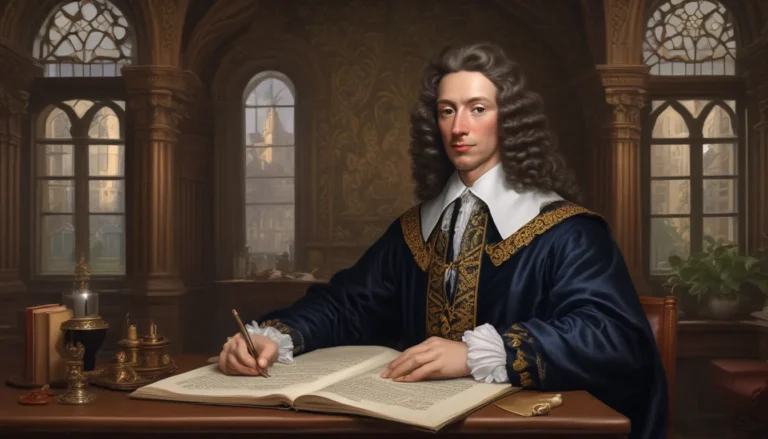The images in our articles may not match the content exactly. They are used to grab your attention, not to show the exact details in the text. The images complement the text but do not replace it.
Welcome to a journey through the extraordinary life of Carter G. Woodson, a pivotal figure in American history known as the “Father of Black History.” His legacy is a testament to the transformative power of education and perseverance, resonating with profound significance in the annals of our nation’s narrative. Join us as we delve into the 10 best facts about Carter G. Woodson, each shedding light on the remarkable contributions of a man who changed the course of history.
Who Was Carter G. Woodson?
Born on December 19, 1875, in New Canton, Virginia, Carter G. Woodson’s journey from the coal mines of West Virginia to becoming one of the first African Americans to receive a doctorate from Harvard University showcases his unwavering determination and intellectual prowess. His mission was clear: to ensure that African American history was not just documented but properly disseminated, paving the way for a more inclusive and accurate representation of our shared heritage.
- Despite commencing formal schooling late, Woodson excelled academically, eventually earning a Ph.D. in history from Harvard University in 1912.
The Birth of Black History Month
Woodson believed in the transformative power of history as a tool for building self-esteem among African Americans and combating racial prejudice. His relentless efforts culminated in the establishment of Negro History Week in 1926, which later evolved into the widely celebrated Black History Month.
- Negro History Week, which served as the precursor to Black History Month, was first observed in February 1926.
- Woodson deliberately chose February for this commemoration to honor the birthdays of Abraham Lincoln and Frederick Douglass, two pivotal figures in African American history.
Contributions to African American Literature
Woodson’s impact transcended the establishment of Black History Month; he was also a prolific writer dedicated to rewriting the African American narrative by highlighting their achievements and contributions to society. Through his works, he aimed to combat the cultural indoctrination of his time and promote a more inclusive understanding of history.
- One of Woodson’s most influential publications, “The Mis-Education of the Negro,” published in 1933, critically examines the cultural indoctrination of African Americans in American schools.
- In 1915, Woodson founded the Association for the Study of African American Life and History (ASALH), playing a pivotal role in advancing the study of Black history.
Legacy and Honors
Woodson’s legacy extends far beyond the field of history, impacting the broader cultural understanding of African American contributions to society. His tireless work laid the foundation for the study of Black history in the United States, inspiring generations of scholars and activists.
- The headquarters of the ASALH is situated in the Carter G. Woodson Home National Historic Site in Washington, D.C.
- In 1992, the U.S. Postal Service issued a Carter G. Woodson stamp, acknowledging his significant contributions to American history.
- Schools, libraries, and awards have been named in his honor, reflecting his enduring impact on education and history.
- Woodson’s dedication to education and history is commemorated every February during Black History Month, a testament to his vision of understanding the past to shape the future.
A Final Nod to Carter G. Woodson’s Legacy
Carter G. Woodson, revered as the Father of Black History, revolutionized the perception and celebration of African American history. His unwavering dedication to education and historical accuracy reshaped societal perspectives, ensuring that future generations recognize and appreciate the profound contributions of African Americans. Woodson’s legacy, infused with resilience and intellect, continues to inspire scholars and activists alike, urging us to embrace a more inclusive understanding of history that honors diverse narratives. As we reflect on Woodson’s enduring contributions, let us pledge to continue his mission of fostering an inclusive and enlightenment-driven society.
Was this page helpful?
At our core, we are committed to providing informative and trustworthy content that ignites curiosity and knowledge. Every fact shared on our platform is contributed by individuals like you, offering a spectrum of insights and information. Our dedicated editors rigorously review each submission to ensure accuracy and reliability, guaranteeing that the knowledge we impart is not only captivating but also credible. Trust in our unwavering commitment to quality and authenticity as you embark on a journey of exploration and learning with us.
By immersing ourselves in the compelling narrative of Carter G. Woodson, we not only honor his remarkable legacy but also embrace the transformative power of education and historical awareness. Let us carry forward his torch of enlightenment, guiding us towards a more inclusive and enlightened future.






